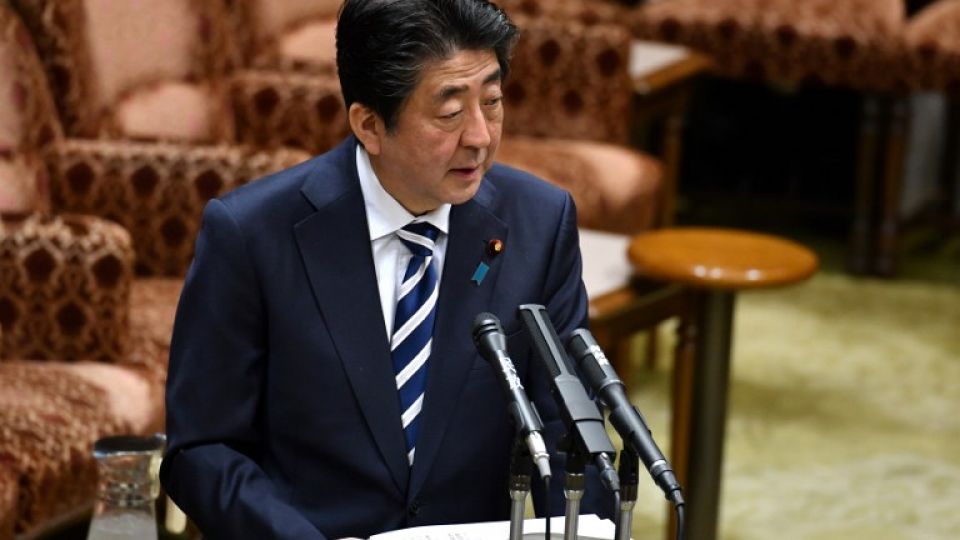March 21, 2018
A Yomiuri Shimbun editorial highlights the poor response by the Abe government to the charges of altering official papers.
The latest case involving alterations to official documents signifies a serious problem. The government must make efforts to uncover the whole truth of the matter with a sense of urgency, and fulfill its accountability in this respect.
Intensive discussions were held at a Budget Committee session at the House of Councillors over the issue concerning the alterations made by the Finance Ministry to documents regarding approval for the sale of state land to the Moritomo Gakuen school corporation.
Prime Minister Shinzo Abe offered a renewed apology, saying, “This situation has shaken people’s trust in public administration as a whole.”
In his reply to a question before the Diet in February last year, the prime minister said that he would resign from his position if he and his wife, Akie, had been involved in the land deal in question. During the intensive deliberation, opposition parties pressed the prime minister for answers, insisting that the reply had served as a trigger for the alterations of the document.
The prime minister expressed his view that his own reply had no influence on the alterations. He also spoke about a statement in the documents that showed his wife had commented on the land sale, asking the school corporation to “move forward.” He explained that his wife had denied having made such a remark.
There were no statements in the pre-alteration documents that suggested the prime minister and his wife had been directly involved in the land deal. The prime minister should continue to carefully explain the matter.
Mitsuru Ota, director general of the Finance Ministry’s Financial Bureau, explained that the alterations were aimed at securing consistency in connection with replies given by Nobuhisa Sagawa when he had been serving as the bureau’s director general. “Mr. Sagawa was involved [in the alterations] to a great extent,” Ota said. However, he did not reveal the details of those circumstances, citing the ongoing probe into the matter as a reason for his refusal.
Government must be vigilant
An employee of the ministry’s Kinki Local Finance Bureau, who is believed to have committed suicide, left a note in which he insinuated the alterations had been made under directions issued by the ministry’s head office. The grounds for a reduction in the land price by about ¥800 million, over which the Board of Audit raised doubts earlier, are still ambiguous.
Who directed the alterations, and why? What was the reason for the price reduction? To uncover the truth, it is necessary to swiftly summon Sagawa to testify before the Diet.
Although the Finance Ministry released investigation results showing that 14 documents tied to the land sale’s approval had been altered, it was later found that portions of another document had also been deleted. The multiple faults committed by the ministry are too much to tolerate.
The Land, Infrastructure, Transport and Tourism Ministry notified the Prime Minister’s Office of the existence of the pre-alteration documents on March 5, and this information was conveyed to the prime minister on March 6. The Finance Ministry submitted copies of the altered documents to the Diet on March 8, and on March 12, the ministry finally acknowledged the fact that the documents had been altered.
Although it takes a certain amount of time to determine whether documents are truthful or false, the government’ handling was poor. It cannot escape from criticism that it has belittled the Diet, either. This could also deepen people’s distrust in the government.
The entire government should more seriously remain vigilant as it responds to the problem.
With priority placed on Diet deliberations, Finance Minister Taro Aso absented himself from a meeting of finance ministers and central bank governors of the Group of 20 major economies in Argentina. It is necessary to prevent this issue from affecting state affairs as much as possible.
(This article originally appeared in the Yomiuri Shimbun)


